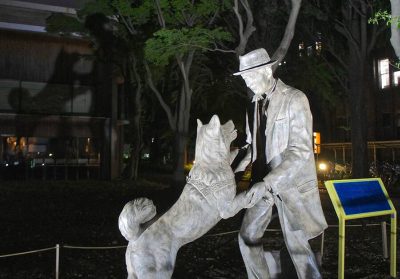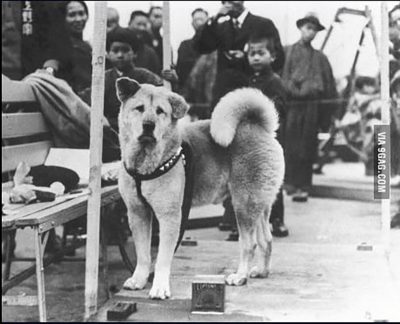
By Janet McAfee
Have you noticed one of your pets showing signs of grief when its companion animal passed away? Science confirms that you are not anthropomorphizing your cat or dog. Scientific studies confirm what we animal lovers already know. Animals have feelings, a wide range of emotions including grief. Dogs may become lethargic and stop eating. Cats may retreat into hiding places and refuse food. You may see them look longingly at their buddy’s favorite place hoping to see them again.
Many years ago, one of my bonded cats was put to sleep on a final vet visit when it was discovered Heather was ridden with cancer. When I pulled up outside my house with an empty pet carrier, blood curdling screams could be heard from somewhere in the neighborhood. I soon discovered it was Heather’s companion cat, Isis. The screaming stopped as I approached, my grief temporarily set aside by amazement. How did her best fur friend know Heather wasn’t coming home? Isis quit eating for a while and moped around the house.
Greyfriars Bobby, a grieving Skye Terrier in Scotland traveled to his owner’s grave daily for 14 years until his own death in 1872. The town of Edinburgh followed the dog’s vigils. A granite statue pictured here of Bobby stands outside an appropriately named pub celebrating this amazing little fellow.
 A Richard Gere movie, HACHI: A DOG’S TAIL, was based on the true story of an Akita dog owned by a college professor in Japan. (I loved this movie!) After his human’s sudden death, the devoted dog waited hopefully for his 9 remaining years at the Tokyo train station for his owner to arrive home. The professor’s routine had included the daily walk home from the station with his best fur friend.
A Richard Gere movie, HACHI: A DOG’S TAIL, was based on the true story of an Akita dog owned by a college professor in Japan. (I loved this movie!) After his human’s sudden death, the devoted dog waited hopefully for his 9 remaining years at the Tokyo train station for his owner to arrive home. The professor’s routine had included the daily walk home from the station with his best fur friend.
In 1996, the ASPCA released the Companion Animal Mourning Project. This project studied the grief response in dogs, whose pack mentality and social nature make them vulnerable to mourning. The study showed that upon the death of a companion canine, 36% of dogs ate significantly less, 11% stopped eating completely, 63% showed some extreme change in vocalization (some becoming quieter, others becoming significantly more vocal). Over 50% became clingy with their humans.
 How can you help your pet get over the mourning period? Give the remaining animal extra time and attention. Give your pet a light massage. Take longer walks with your dog. Give a grieving cat more time for game playing or grooming. Lamb baby food spread thin over cat food may encourage a reluctant cat to eat. Baked chicken without the skin and bones may entice your dog to resume eating.
How can you help your pet get over the mourning period? Give the remaining animal extra time and attention. Give your pet a light massage. Take longer walks with your dog. Give a grieving cat more time for game playing or grooming. Lamb baby food spread thin over cat food may encourage a reluctant cat to eat. Baked chicken without the skin and bones may entice your dog to resume eating.
This might be a good time to undertake some positive obedience training with your dog. Training creates a deeper bond between the two of you, creating better ways for you to communicate. Take your grieving dog on more outings such as outdoor cafes and shopping in pet friendly stores.
Writer Scott Latham wrote about the unceasing loyalty of dogs, “From man’s best friend’s unceasing loyalty, mankind should master.”










































